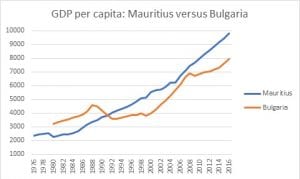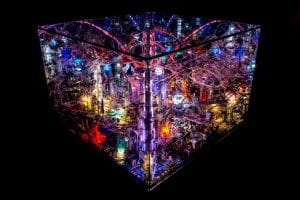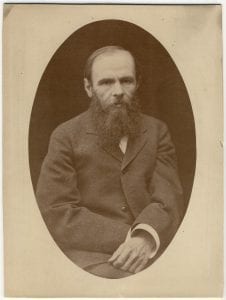Russia’s Global Legal Trajectories: International Law in Eurasia’s Past and Present
By Lisa J Walters, on 29 May 2018
Review by Julia Klimova, PhD candidate at UCL SSEES.
On 16 and 17 of February 2018, School of Slavonic and East European Studies (SSEES) at UCL hosted an international workshop on “Russia’s Global Legal Trajectories: International Law in Eurasia’s Past and Present”. Organized by Dr. Philippa Hetherington with generous support of the British Academy for Arts and Sciences and Pushkin House, the workshop was dedicated to the history of legal issues in Russia from the Russian Empire, Soviet Union and Russian Federation. The workshop lasted for two days and consisted of 6 panels and the total of 14 speakers. It united historians with legal scholars, which provided a rich basis for discussions of issues of legality at various points in Russian history.
 Close
Close





